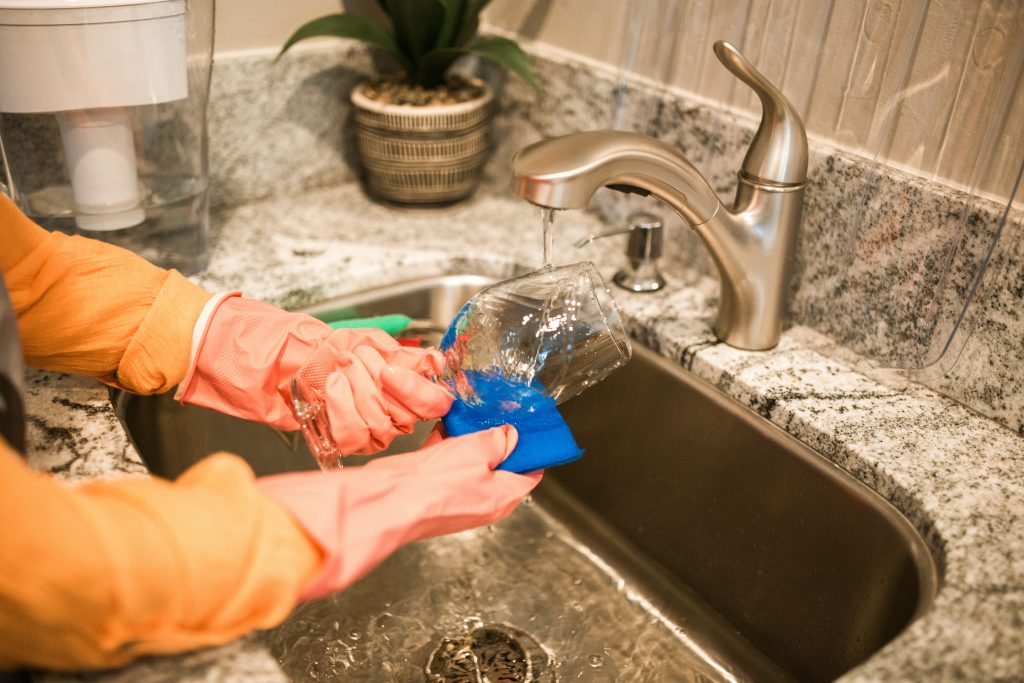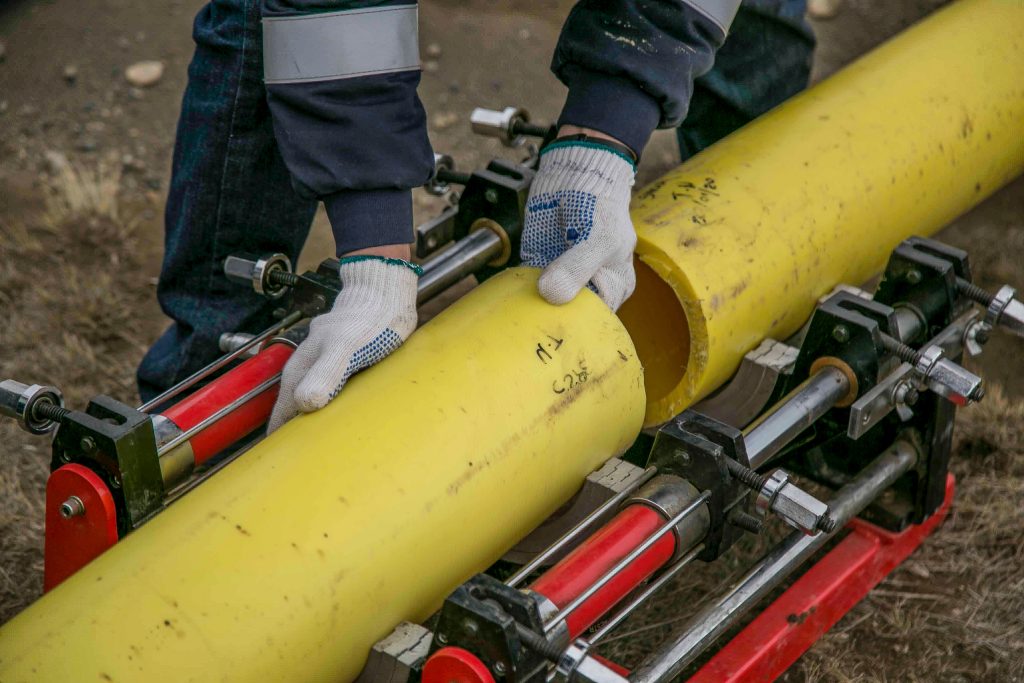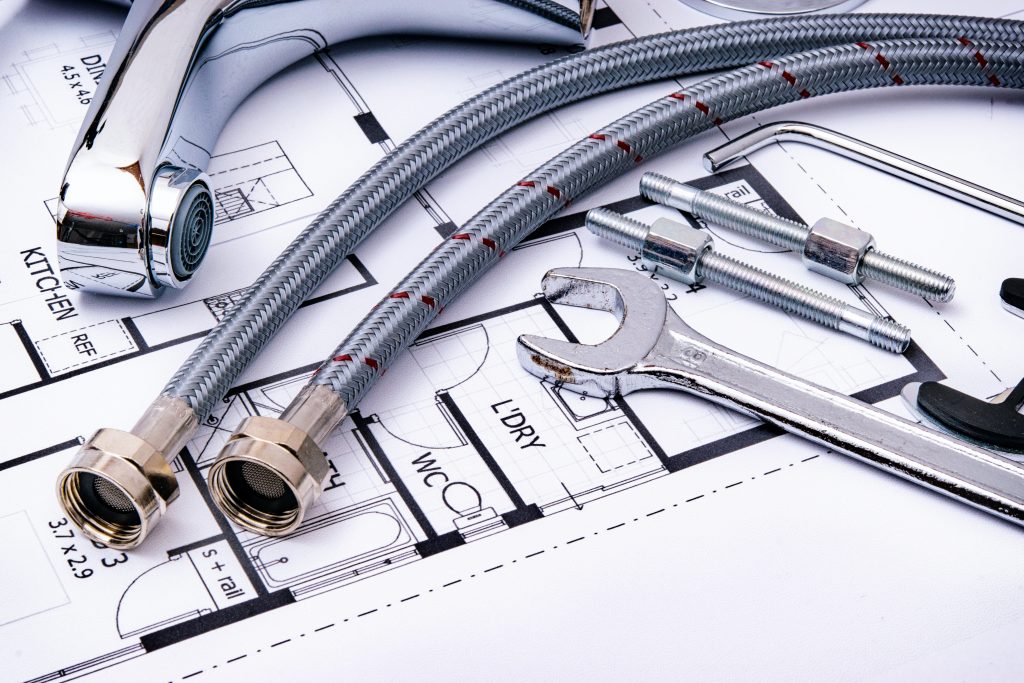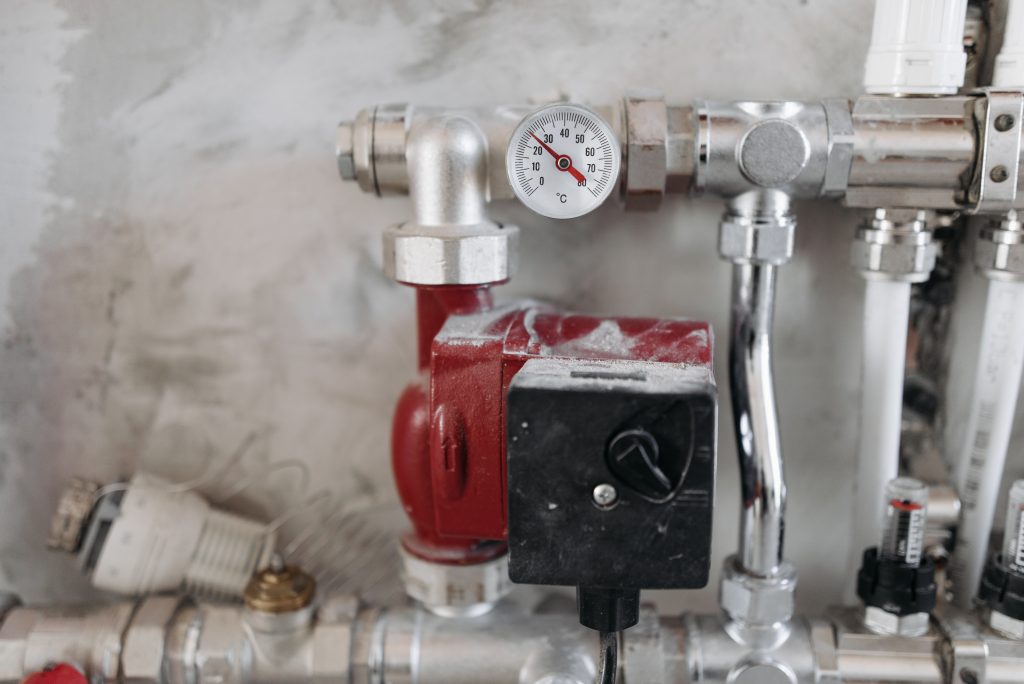Plumbing systems
After the plumbing systems have been installed, plumbers must conduct extensive testing and inspection to ensure that they are functioning properly. This involves conducting pressure tests to ensure that the pipes can withstand the pressure of water flowing through them and checking for leaks and other issues.
Plumbers must also ensure that their work meets local building codes and regulations. Building codes can be complex and detailed, and plumbers must be knowledgeable about the requirements in their area to ensure compliance.




